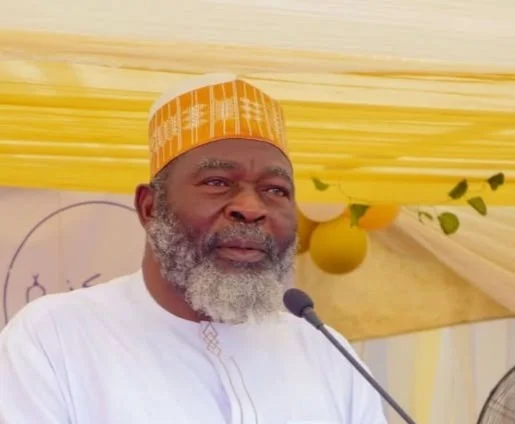Nigeria Targets Regional Leadership in Counterterrorism by 2030, Ribadu

Nigeria is on track to become a safer nation and a regional centre of excellence in counterterrorism within the next five years, according to the National Security Adviser (NSA), Mallam Nuhu Ribadu.
Ribadu, represented by Major-General Adamu Laka, made the statement in Abuja during the launch of the National Counter Terrorism Centre’s Strategic Plan (2025–2030).
He described the new plan as a comprehensive roadmap designed to strengthen Nigeria’s fight against terrorism and violent extremism.
He explained that the Strategic Plan builds on the existing National Counter Terrorism Strategy, aligns with the Terrorism (Prevention and Prohibition) Act 2022, and seeks to position Nigeria as a regional leader in West Africa and the Sahel.
Reviewing Nigeria’s security challenges over the last two decades, Ribadu noted the shifting nature of terrorist threats from the long-running insurgency in the North-East to emerging dangers in the North-West and South-East.
He stressed that addressing these threats requires a combination of kinetic and non-kinetic strategies.
The NSA called for unity and collaboration among all stakeholders, emphasising that no single agency can win the war against terrorism alone. “It requires shared responsibility across government, security agencies, citizens, and international partners,” he said.
The 2025–2030 Strategic Plan outlines nine priority areas, including enhanced intelligence sharing, better operational coordination, stronger legal frameworks for terrorism prosecutions, countering violent extremism, regional cooperation, and capacity building, all backed by measurable performance indicators.
President of the Senate, Senator Godswill Akpabio, also pledged the National Assembly’s support for the plan. He described it as a framework capable of modernising security institutions, strengthening national resilience, and broadening partnerships with government, civil society, and development allies.
Ribadu said the successful implementation of the plan would position Nigeria as a more secure nation and a recognised hub for counterterrorism efforts across Africa by 2030.









